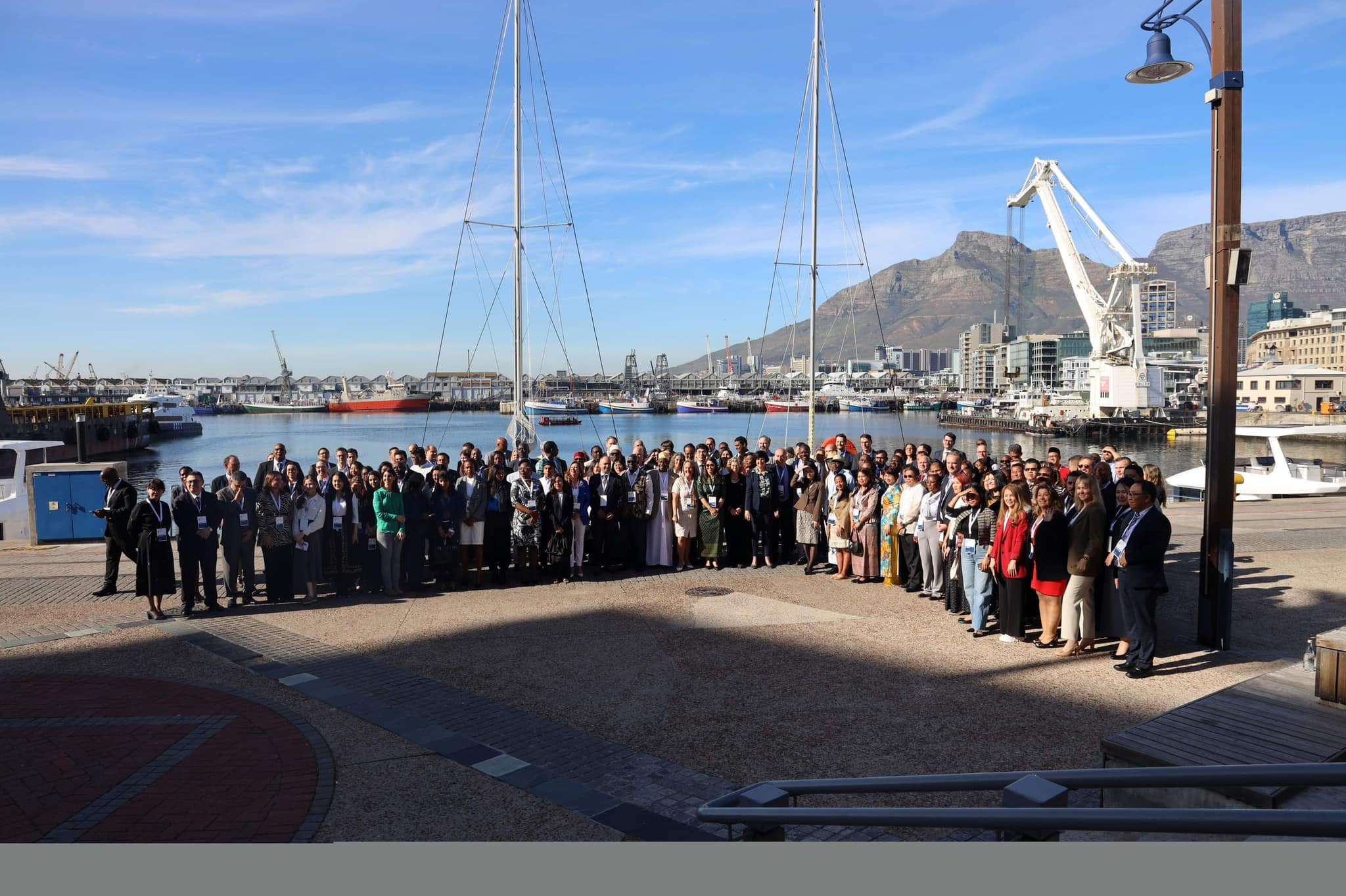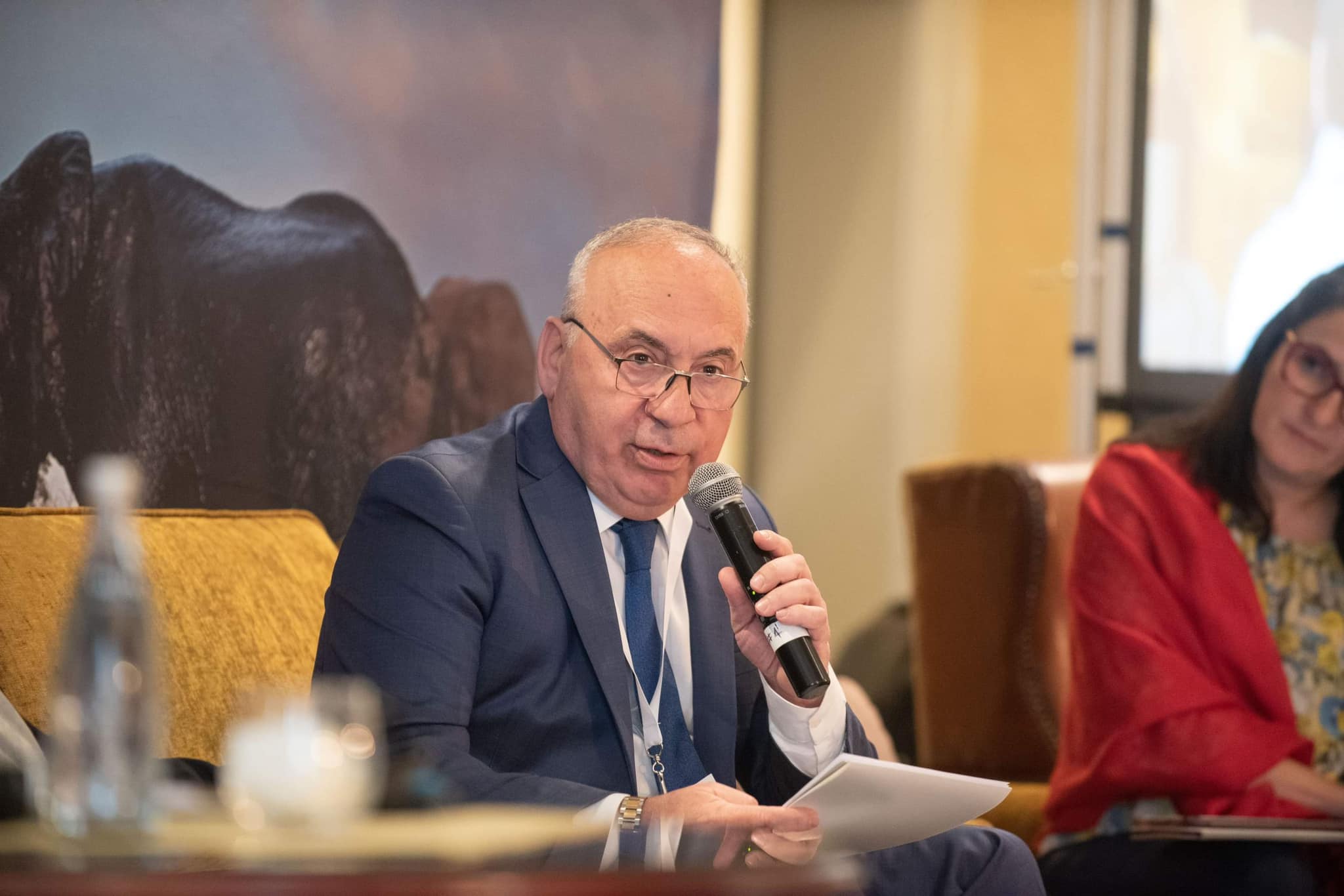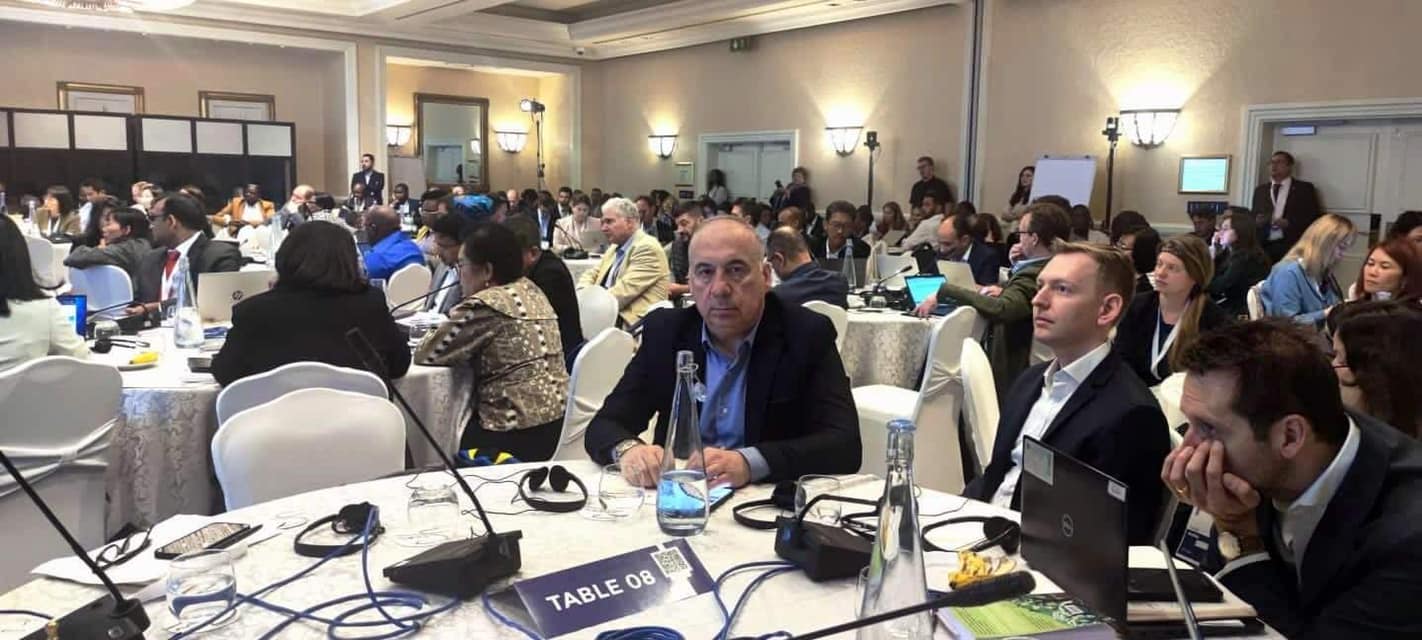News
Solomon Pavliashvili participates in the 5th Global Conference on Biodiversity Finance.
The Deputy Minister of Environmental Protection and Agriculture of Georgia, Mr. Solomon Pavliashvili, attended the 5th Global Conference on Biodiversity Finance organized by the United Nations Development Program (UNDP) in Cape Town, South Africa, within the framework of the global project "Biodiversity Finance Initiative" (BIOFIN).
Mr. Pavliashvili participated in high-level sessions and panel discussions, where parties explored key findings and challenges in the financing of biodiversity, shared best practices, and determined future steps for the global initiative.
The Deputy Minister of Environmental Protection and Agriculture of Georgia briefed participants on Georgia’s experience towards implementation of BIOFIN and presented key findings related to the assessment and reduction of subsidies bringing a potentially harmful impact on biodiversity.
Mr. Pavliashvili emphasized the importance of developing climate-smart agriculture, reducing the use of pesticides, and promoting sustainable production.
The Deputy Minister focused on the advantage of environmental protection and agricultural directions being under the oversight of one Ministry, noting that this fact contributes to the development/implementation of an effective agricultural development policy considering environmental and biodiversity principles.
Mrs. Inger Andersen, Executive Director of the United Nations Environment Program, and representatives of more than 40 countries participating in the project participated in the 5th Global Conference on Biodiversity Finance.
Since 2012, a global program- Biodiversity Finance Initiative (BIOFIN) has promoted the development/implementation of biodiversity finance plans in participant countries. Since 2016, a comprehensive evaluation of the financial needs/requirements of biodiversity in Georgia has been carried out with the support of BIOFIN, based on quantitative and qualitative data, followed by relevant measures by using innovative methods to fill the fiscal deficit.


